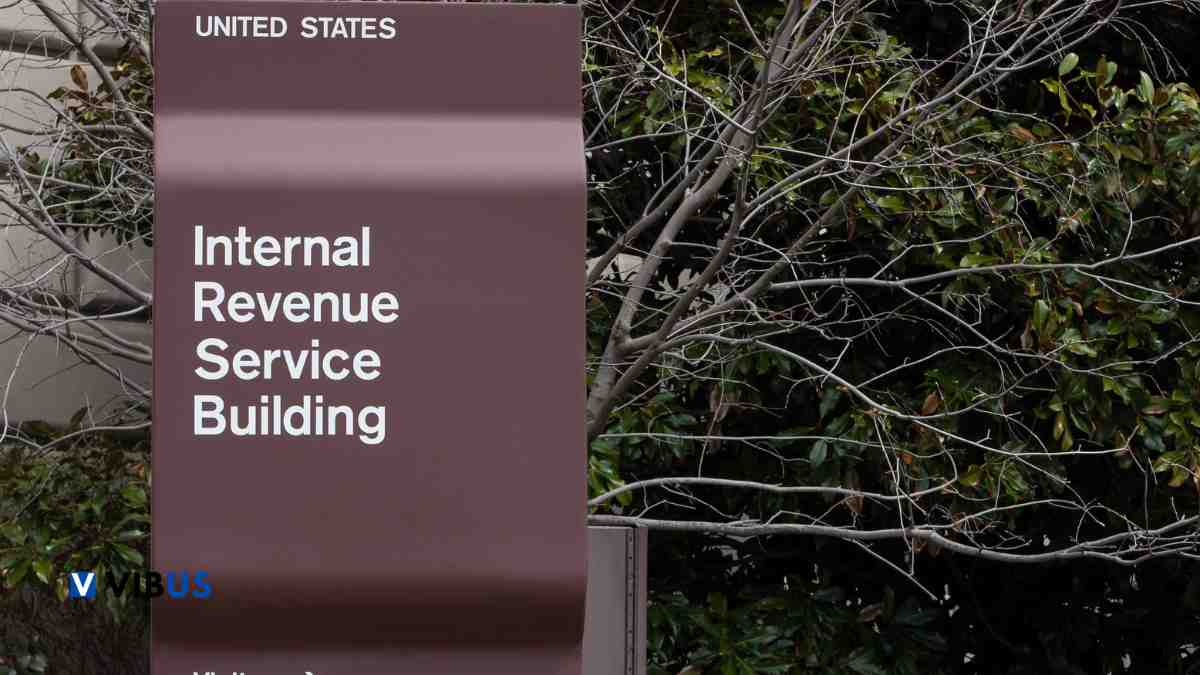The IRS has issued an urgent warning to business owners, particularly car dealerships and sellers, about a surge in sophisticated phishing and smishing scams. These fraudulent schemes aim to steal sensitive financial and personal information, jeopardizing the daily operations of these businesses.
Car dealerships and sellers are being specifically targeted by scammers posing as IRS representatives. This fraudulent tactic can have severe repercussions for the affected businesses, compromising not only their financial security but also their reputation and daily operations.
Phishing and Smishing Scams on the Rise According to the IRS
Phishing: This type of scam involves emails that appear to come from legitimate sources. These messages are crafted to deceive recipients into providing sensitive information, such as personal or financial data. The emails often look convincing, using official logos and language to gain the recipient’s trust.
Smishing: This scam uses text messages or SMS. Scammers send alarming messages indicating urgent issues like “Your account has been blocked” or “Unusual activity detected.” These messages typically include links that, when clicked, lead to fake websites where personal or financial information is requested, or malware is downloaded onto the user’s device.
How to Identify and Avoid These Scams
The IRS advises business owners, especially car dealerships, to be vigilant about unsolicited communications they receive. It’s crucial to avoid clicking on links in emails or text messages from unknown sources. If a suspicious message is received, it’s best not to interact with it and to report it immediately to the IRS or relevant authorities.
The consequences of giving out personal or financial information to these scammers can be devastating. Besides the direct financial loss, businesses might face operational disruptions, reputational damage, and potential legal issues. Scammers can use the stolen information to commit other crimes, such as financial fraud, further exacerbating the situation.
Precautionary Measures
To protect against these scams, the IRS offers the following recommendations:
- Verify Authenticity: Always check the legitimacy of any communication that seems to come from the IRS. The IRS never requests personal or financial information through unsolicited emails or text messages.
- Stay Informed: Be aware of the common tactics used by scammers. Knowing the warning signs can help avoid falling for these scams
- Use Security Measures: Implement additional security measures, such as two-factor authentication and cybersecurity systems, to protect sensitive information.
- Ongoing Education: Train employees on how to identify and handle suspicious communications. Regular training can be an effective tool in fraud prevention.
The Role of the IRS in Protecting Taxpayers
The IRS is committed to protecting taxpayers and businesses from fraud and scams. It regularly issues alerts and provides resources to help identify and avoid these fraudulent schemes. Additionally, the IRS collaborates with other agencies and organizations to track and stop scammers.
In recent months, there has been an increase in phishing and smishing attempts targeting car dealerships. Scammers are refining their tactics, making their emails and text messages appear more legitimate and harder to detect.
This trend underscores the need for constant vigilance and robust preventive measures.
The IRS’s urgent warning emphasizes the importance of being aware of phishing and smishing scams that seek to exploit the trust and lack of information of business owners. By being proactive and adopting precautionary measures, car dealerships and sellers can better protect themselves against these attacks and maintain the integrity of their operations. Collaborating with the IRS and other security entities is crucial in combating these threats and safeguarding both personal and financial information.




